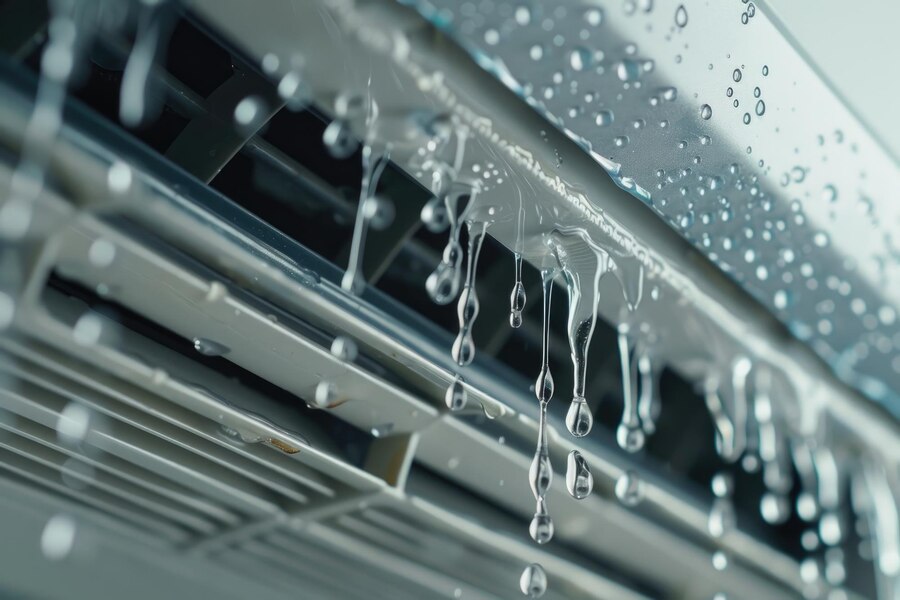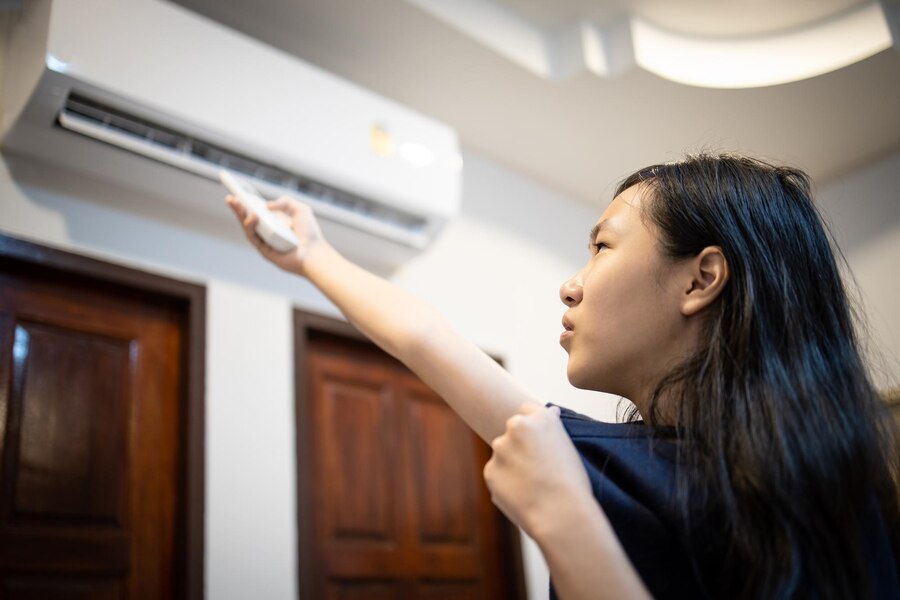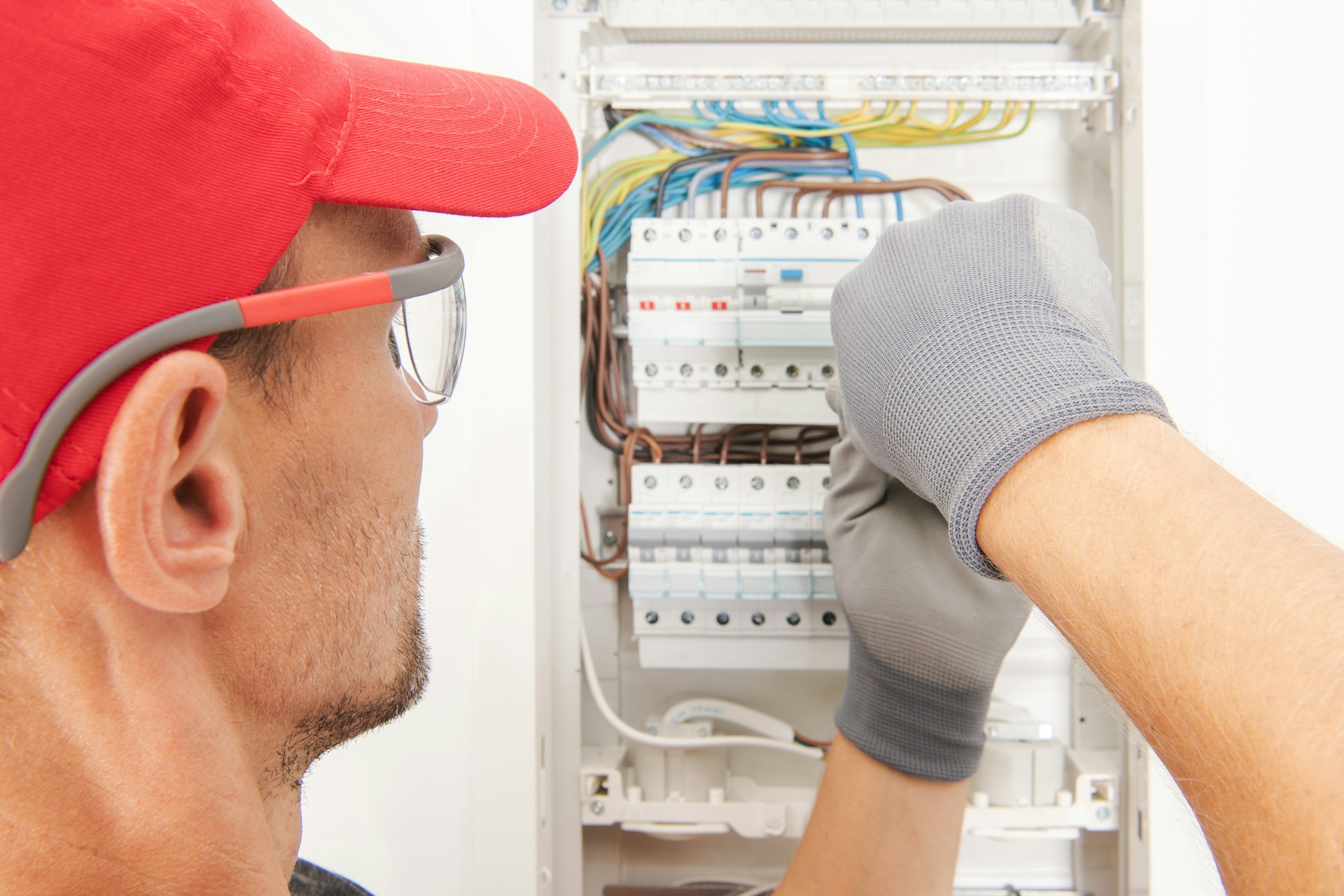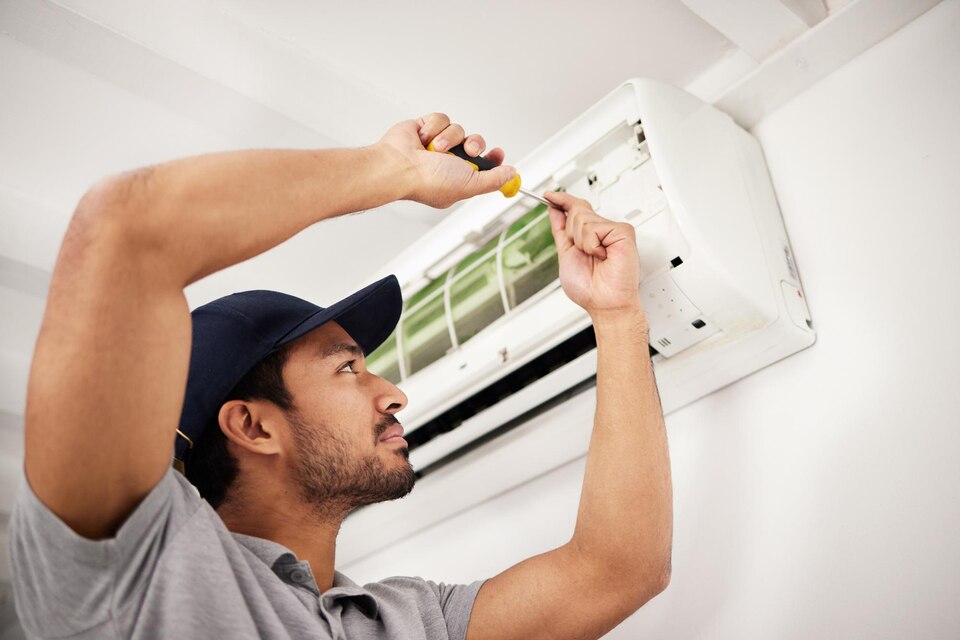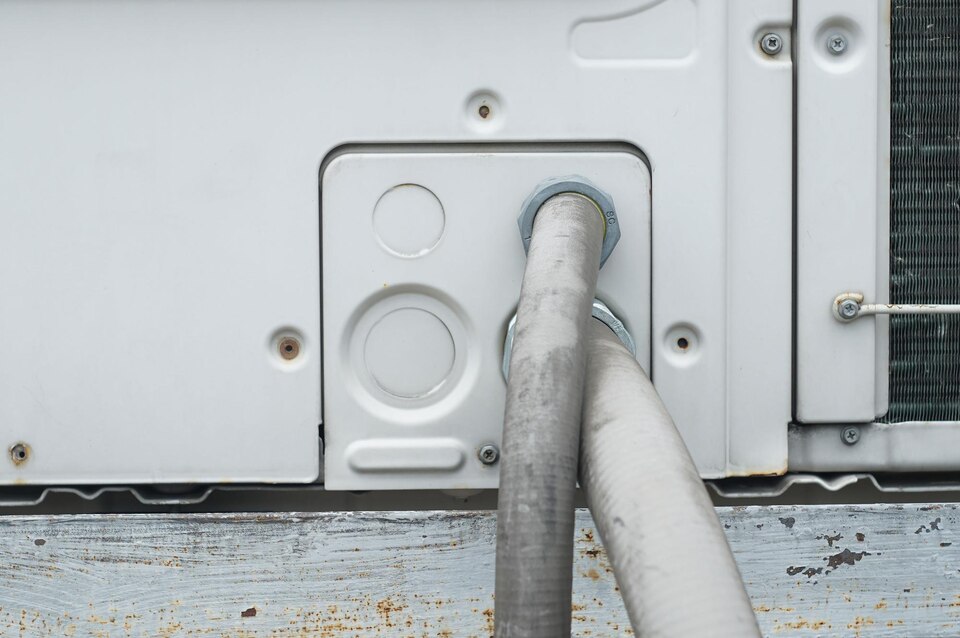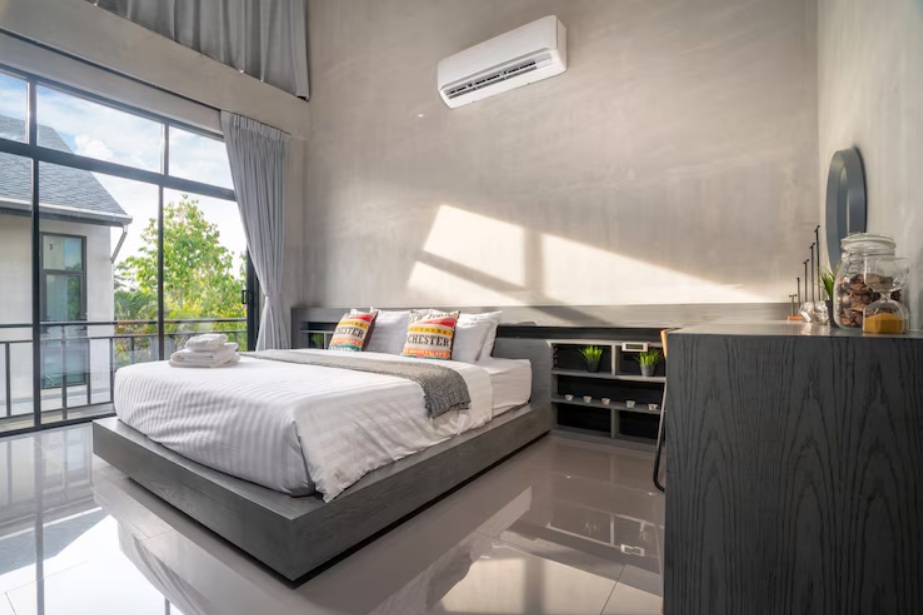Coming home to find a puddle of water under your AC unit isn’t just frustrating—it can lead to water damage, mold growth, and costly repairs. In a place like Plant City, where humidity and heat are consistent concerns during the summer, keeping your AC system running clean and dry is key to maintaining a healthy, comfortable home. Most homeowners don’t give much thought to their air conditioner once it’s running, but that hands-off approach can lead to avoidable issues like water leaks. These problems usually develop over time due to lack of maintenance or simple wear and tear.
Addressing the warning signs early can keep situations from escalating in the middle of peak cooling season. AC water leaks are often preventable by catching small issues before they create bigger problems. From clogged drain lines to low refrigerant, understanding the common causes can take the stress and surprise out of this common problem. Staying one step ahead helps you avoid water damage and extend the performance of your cooling system.
Common Causes Of AC Water Leaks
A water leak from your air conditioner is never normal, even on the hottest days. When that happens, it points to a problem somewhere in the system, most often tied to drainage or moisture buildup. Knowing what usually causes these leaks can help you tell the difference between a one-time issue and a recurring one that needs attention. The most common causes include:
– Clogged condensate drain line: This is one of the top reasons for water leaks. Dust, dirt, and algae can build up in the drain line, preventing condensation from draining properly. When that happens, the water backs up and spills out of the unit.
– Dirty air filter: If the air filter is clogged, it restricts airflow. That can cause evaporator coils to freeze, and when the ice melts, the water might overflow the drain pan.
– Low refrigerant levels: Low refrigerant also leads to frozen coils. Just like with dirty filters, once the ice starts thawing, it can overwhelm the system’s ability to drain water.
– Damaged or rusted drain pan: Most AC systems have a drain pan under the evaporator coil to collect condensation. If this pan is cracked, rusted, or misaligned, water won’t drain as it should.
Each of these problems, while common, often starts out small and unnoticed. For example, a slightly clogged drain might not show symptoms until it becomes completely blocked. By the time water shows up on your floor, the issue may be further along than you think.
Stay alert to any unusual sounds, smells, or signs of moisture. If your AC is shutting on and off too frequently, blowing warm air, or showing excess condensation around the panels, there may be a leak in the making.
Steps Homeowners Can Take To Prevent AC Water Leaks
Being proactive about prevention is usually easier than dealing with damage repairs later. By adding a few checks to your home maintenance routine, you can prevent most AC water leaks before they get started:
1. Replace or clean air filters every 30 to 60 days, depending on the type of filter and dust levels in your home. A clean filter allows for proper airflow and reduces the risk of frozen coils.
2. Keep an eye on your condensate drain. If accessible, inspect it regularly for blockage or moisture buildup. If it’s clogged, drain flushing may be needed by a professional.
3. Check insulation on the refrigerant lines. Damaged or missing insulation can cause moisture problems and reduce cooling performance.
4. Look underneath the unit for any signs of rust, moisture pooling, or unusual dripping. If you see something, it could mean the drain pan is cracked or misaligned.
Preventative care removes the guesswork. Putting these steps into your monthly or seasonal home checklist helps your cooling system stay reliable—even during the hottest days in Plant City.
Benefits Of Routine AC Tune-Ups
Skipping regular tune-ups may not seem like a big deal at first, especially when your AC system seems to be running fine. But over time, unseen issues can build up and turn into leaks, breakdowns, or poor cooling performance. An annual tune-up isn’t just about keeping things clean—it helps catch the early warning signs that lead to water damage and system wear if left unaddressed.
During a tune-up, hidden problems like a slow-draining line or a rusted pan can be found before any water hits the floor. Small fixes handled ahead of time cost less than emergency repairs in the middle of summer. You also get cleaner airflow and better humidity control throughout your home, which can help with everything from sleep to allergies.
Having a tune-up regularly helps your AC unit do its job without overworking itself. That means your monthly energy costs stay more consistent, and your system doesn’t have to work harder than it should. You may notice it reaches the set temperature faster and keeps rooms more even.
Taking this step is especially smart if your AC unit’s been running non-stop through multiple summers without much attention. Even households without obvious problems can benefit. Just like a car needs maintenance to run well, your AC does too.
Why Professional Maintenance Makes The Biggest Difference
While it’s helpful to change filters and watch for water around your AC unit, some issues need a closer look from trained eyes. Our professionals don’t just look at the surface problems. They inspect internal parts, test for refrigerant issues, and flush the system safely, which helps to fully prevent leaks you wouldn’t be able to spot on your own.
Trying to diagnose or fix these problems alone can lead to mistakes. For example, if you don’t fully clear a condensate line, the clog can build back up fast. Or worse, you might damage something that turns a simple fix into a costly repair.
Our technicians use the right tools to clean components like the evaporator coil or assess whether a drain pan needs replacing. They also check for proper airflow, test drainage, evaluate coil condition, and inspect for corrosion around key elements. These aren’t guesswork steps. They are needed to make sure nothing is missed when it comes to hidden water threats.
Even if it seems like a leak isn’t hurting anything now, the damage it can cause behind walls or under floors may show up later. Letting professionals handle maintenance doesn’t just fix the symptoms. It takes care of the cause.
Keeping Your Plant City Home Comfortable And Dry
Preventing AC water leaks in Plant City starts with small, smart steps that go a long way. Things like replacing air filters on time and keeping an eye out for leaks or rust can make a big difference. But the biggest protection comes from keeping your system properly tuned with help from trained professionals. That’s how you find issues before they get worse.
When your air conditioner stays dry and efficient, your home feels better and you’re not left dealing with surprise repairs right when you need cool air the most. A little care and regular maintenance can protect your home, extend the life of your system, and give you peace of mind through every season.
Are you ready to keep your AC dry and efficient this season? At First Response Heating & Cooling, our professionals offer thorough maintenance to help prevent water leaks before they lead to bigger problems. Scheduling an AC tune-up in Plant City can ensure your system runs smoothly when you need it most. For a quick estimate or to book a service visit, please contact us today.

